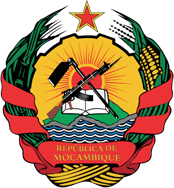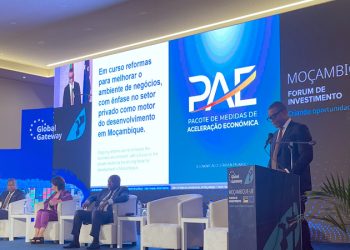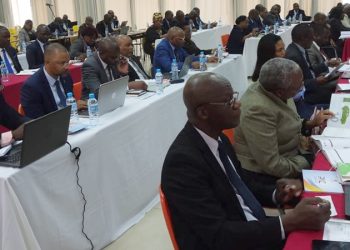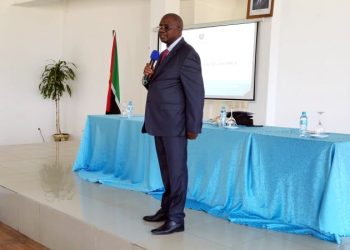The Council of Ministers of Mozambique approved the draft law to reduce VAT in the selected sectors of agriculture, aquaculture, and urban transport from 17% to 16%, and Corporate Income Tax (IRPC) from 32% to 10%.
The approved draft will be submitted to the Assembly of the Republic for consideration and approval.
Within the scope of the Economic Acceleration Measures Package announced by the President of the Republic last August, cabinet approved the draft law amending articles 9, 10, 12, 17 and 21 of the Value Added Tax Code, approved by Law number 32/2007, of 31 December.
“The amendment aims to reduce the VAT rate, from 17% to 16%, introduce the exclusion of the right to deduct in transfers of goods and services subject to the reduced rate of 5%, and to determine that the taxable person who maintains systematic reports of credits over a period of 12 months, request a full refund or at least 50% of the accumulated VAT”, Council of Ministers spokesman Filimão Suazi explained.
The other draft law amends articles 61 and 62 of the Corporate Income Tax Code, thus providing for a 10% reduction in the IRPC rate in the agriculture, aquaculture and urban transport sectors.
“The Law aims to improve the competitiveness of the agriculture, aquaculture and urban transport sectors, making them more attractive to private investment, promoting the competitiveness of these sectors through cost reduction, namely, the reduction of the general rate of IRPC from 32% to 10%; reduction of the withholding tax levied on the income of entities not resident in Mozambique, which provide services to national agricultural companies, from 20% to 10%; and the elimination of the withholding tax of 20% on interests of external financing contracts intended for agricultural projects, to be in force until December 31, 2025,” Filimão Suazi said.
The same session approved amendments to the Mining and Petroleum Laws designed to accelerate development in the provinces hosting sector mega-projects
“The revision of the Laws adjusts them to the developments registered in the oil and mining sector, in order to accelerate the process of expansion and socio-economic development of the provinces where the oil and mining enterprises are located, alleviating economic inequalities,” Swazi observed.
In the same session, the proposal for a Law that approves the Tax Code on Specific Consumption, repealing Law number 11/2017, of 28 December, was approved.
“The Law aims to approve the taxation of the Specific Consumption Tax for the three-year period 2023-2025, as well as to reduce its tax burden, by adopting the customs valuation as a taxable value and setting the maximum rate limit of 30%, applicable to all goods subject to value rates – with the exception of goods from Tariff Positions (PP) 22.07, 24.02, 24.03 and 24.04 – as balancing factors between tax burden and the facilitation of legitimate trade,” the cabinet spokesman detailed.
The government also approved the Resolution which ratifies the US$200 financing agreement with the International Development Association (IDA) for digital acceleration projects in the country.











